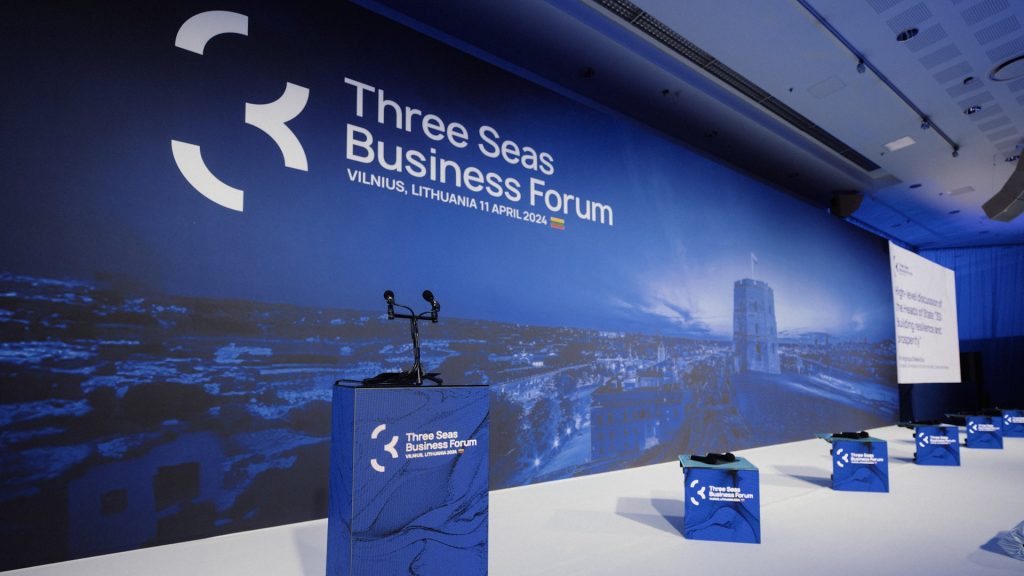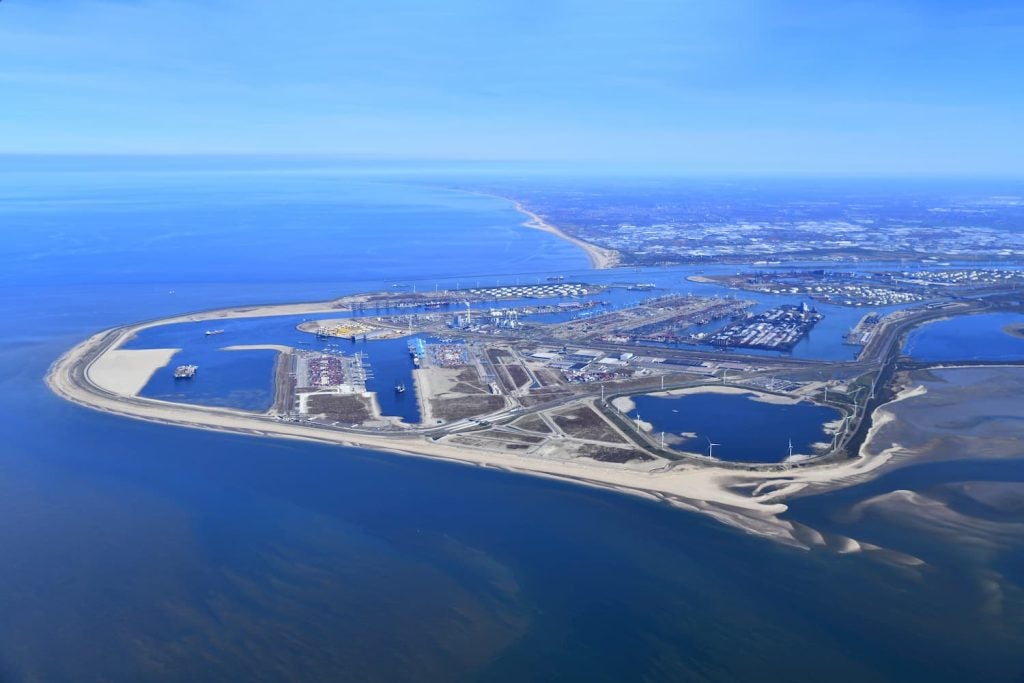
French consultancy firm Capgemini has released a report into the impacts of the Covid-19 pandemic on the world’s energy landscape, with key takeaways including a need for companies to embrace greater digitisation at work, and more flexibility in operating processes, as the virus continues to spread.
The report, ‘Energy & Utilities: Operating in the “new normal”’ notes that the lockdown measures being put in place across the world have the potential to significantly disrupt traditional means of working and economic models; with employees in many sectors unable to go to work, there is a risk of intense decline in both economic production and energy demand. The report cites a 6.8% contraction in China’s GDP in the first quarter of the year, and International Energy Agency figures which point to a decline in daily oil demand of 29 million barrels per day, as evidence of the parallel challenges facing economic and energy infrastructure.
However, the firm noted that these challenges could instigate rapid and sustainable change in the energy industry, if companies are able to adapt to new ways of working.
“As the energy and utilities industry works to address the challenges of this extremely volatile landscape, we are hopeful that many will do so with an eye to the future, adopting near-term solutions that can be adapted and scaled to create long-term value,” wrote the report’s authors, Philippe Vié of Capgemini’s energy, utilities and chemicals division, and Colette Lewiner, an energy advisor to the company.
“For many, this situation presents a much-needed impetus for change, forcing organizations to re-evaluate their transformation agenda within the context of a true global emergency.”
The report highlights ten key challenges facing actors in the energy and utilities sector, from new, remote-based ways of living and working to the more unpredictable nature of energy and electricity consumption, and makes a number of recommendations for energy companies to make the most out of these challenges. There are a number of common themes across the firm’s conclusions, such as advice to engage more proactively with digitalisation, to ensure workers and customers can keep in contact remotely, and an encouragement to adopt more flexible ways of working to account for more volatile prices and economic conditions.
How well do you really know your competitors?
Access the most comprehensive Company Profiles on the market, powered by GlobalData. Save hours of research. Gain competitive edge.

Thank you!
Your download email will arrive shortly
Not ready to buy yet? Download a free sample
We are confident about the unique quality of our Company Profiles. However, we want you to make the most beneficial decision for your business, so we offer a free sample that you can download by submitting the below form
By GlobalDataAmong the most urgent conclusions are those pertaining to long-term strategy, particularly for the oil and gas sector. The report notes that operational and capital expenditure have fallen across the sector in response to the pandemic, with a 20% reduction in oil and gas exploration spend, which could deprive a sector that was already facing questions as to its long-term viability of new projects and economic stimulus. Capgemini poses a number of questions for the sector, before concluding that offshore firms must “urgently rethink their strategy” to avoid collapsing altogether.







